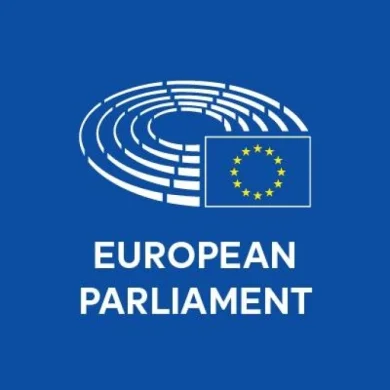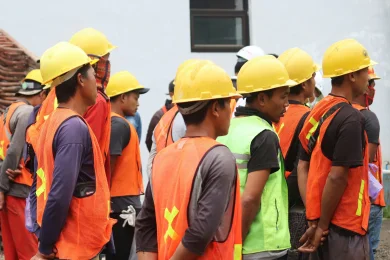
Brussels, November 18, 2025 – The European Parliament and the Council have reached a provisional agreement on the creation of the EU Talent Pool, the first digital platform at the level of the entire Union designed to facilitate the recruitment of skilled workers from third countries in sectors where member states face staff shortages. The European Commission welcomed the agreement, presenting it as an essential step towards increasing the competitiveness of the European economy and strengthening legal and safe migration pathways.
The new platform will allow employers from participating member states to post job vacancies for occupations in shortage, while workers from outside the EU will be able to create profiles that include skills, qualifications, work experience, and language levels. Recruitment will be free for both employers and candidates, and the process will adhere to principles of fair recruitment, adequate working conditions, and protection against exploitation.
Participation in the EU Talent Pool is voluntary for member states, but the platform is designed to function as a common European tool that reduces current fragmentation and provides clear, centralized, and accessible information for all candidates from outside the Union. They will be able to find out from a single place what the hiring process involves in different member states, including immigration procedures, conditions for obtaining a visa, and a work permit.
The regulation provides a series of guarantees to prevent abuses. Employers wishing to use the platform will be pre-verified, and those who do not comply with EU or national legislation regarding recruitment, non-discrimination, working conditions, or the prevention of human trafficking may be suspended or excluded. The information published by employers must be complete and transparent, including at least the name of the employer, contact details, job description, and workplace.
The platform will also integrate Talent Partnerships, the Commission's initiative through which the EU aligns the skills of workers from third countries with the needs of the European market. Candidates who have participated in such partnerships will be able to mark these skills in their profiles. Additionally, the EU Talent Pool will support the development of future European Legal Gateway Offices, starting with the pilot launched together with India for specialized professional mobility.
Participating member states will have the option to expedite immigration procedures for candidates selected through the platform, but the regulation clearly states that neither registration nor selection on the platform automatically guarantees the granting of a work permit or residence right. National procedures – including security checks – remain mandatory.
Representatives of the three European institutions welcomed the agreement. On behalf of the European Commission, Henna Virkkunen, Executive Vice-President for Technological Sovereignty, Security, and Democracy, emphasized that the Talent Pool is "a decisive step to attract the talent and skills our economies need." Roxana Menzatu, Executive Vice-President for Social Rights and Skills, stated that the platform "will help global talent choose the EU and will facilitate fair and rapid recruitment in shortage sectors." For his part, Commissioner Magnus Brunner highlighted that "the agreement marks an important step in the global race for highly qualified talent and strengthens Europe's competitiveness."
On behalf of the European Parliament, rapporteur Abir Al-Sahlani (Renew, Sweden) described the outcome of the negotiations as "a great victory for European companies and for our economy," stating that the Talent Pool "is not just a recruitment tool, but also a safe and legal migration pathway, essential to combat exploitation and provide fair mobility for workers from outside the EU."
The political agreement must now be confirmed by the final vote of the European Parliament and by formal approval in the Council. After entering into force, the Commission will develop the platform so that it becomes operational as soon as possible, and participating member states will establish national contact points for its implementation.




